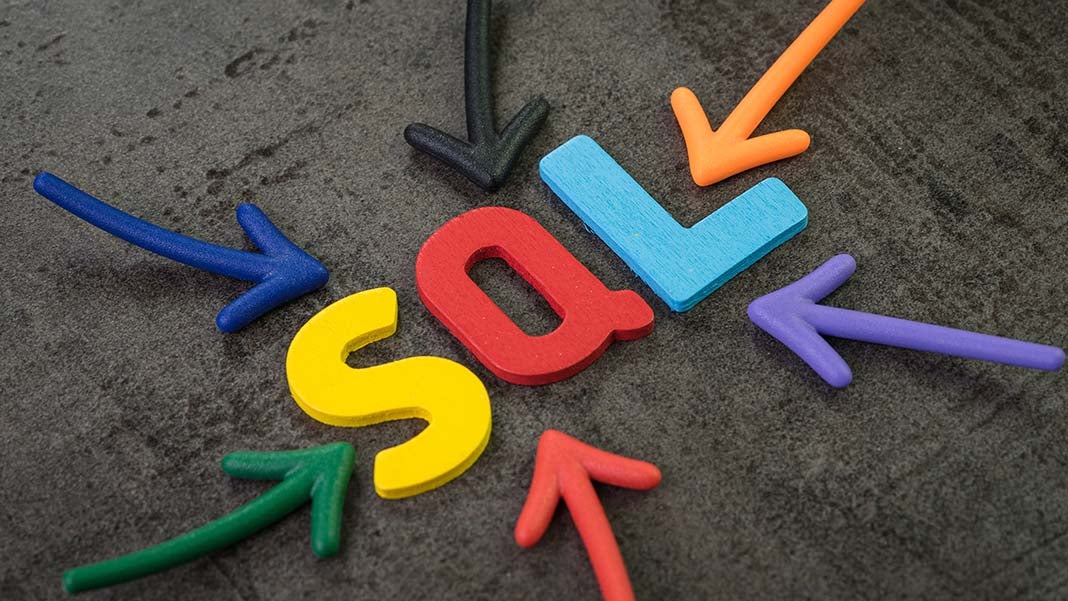
As an IT specialist, you’re well-aware of how hard it can be to coordinate all of your work.
Luckily, there’s a solution that won’t make you compromise speed or performance.
When it comes to storing critical application data for your business, SQL Servers are the simplest solution. That being said, picking the right one for you can be tricky. So before you get one for your business, here’s what you need to know:
What is a SQL Server?
In the simplest terms, SQL—or Structured Query Language—Servers are an interface between users and the databases they need. Typically, they come with a single Microsoft, Amazon, Oracle license.
What is a SQL Server used for?
SQL Servers empower developers and IT professionals to access databases and find information through queries, self-learning analytics, better performance, and data security.
How can SQL Servers help small businesses?
All businesses, even small ones, acquire an incredible amount of data over time.
Inside your office, you have profile information, files, printers to connect to, and more. Outside your office, you have customer data and transaction information. An SQL Server can help you access all that information in a matter of seconds and allow your team to perform their best work to help your business run smoother and more efficiently.
Read more on SQL server monitoring
How much does a SQL Server typically cost?
The price of a SQL Server can vary heavily depending on the user’s individual needs. Developer packages can be free, but other options can cost users up to $15,000 per core license.
Express and Developer are both free versions designed for personal use or development testing and are typically free. Standard and Enterprise versions are intended for use by companies and vary in price depending on how many core licenses you need.
How many SQL core licenses do I need?
The best SQL Servers will support multiple users over a wide network. That being said, you may need to purchase more than your typical two-license pack.
Microsoft, for example, says, “a minimum of four core licenses are required for each physical processor on the server. To determine and acquire the correct number of core licenses needed, customers must: 1. Count the total number of physical cores in the server, and 2. Purchase the appropriate number of core licenses required for the server. Core licenses are sold in packs of two, so customers must divide the number of license required by two to determine the actual number of line items (licensing SKUs) to order.”
And Oracle says, “a customer who wants to license the Database Enterprise Edition on a 4-way box (assuming single-core chips) will be required to license a minimum of 4 processors * 25 Named User Plus, which is equal to 100 Named User Plus.”
It’s best to check with the server manufacturer to find out just how many core licenses you should buy.
What’s the best SQL Server?
Before you switch to a SQL Server, assess the needs of your business and make a plan to help integrate SQL Server technology seamlessly into your company. Find a retailer who will offer deployment and migration services, warranties, and upgrades to give you peace of mind and ensure your SQL Server always runs at peak performance.
2532 Views












